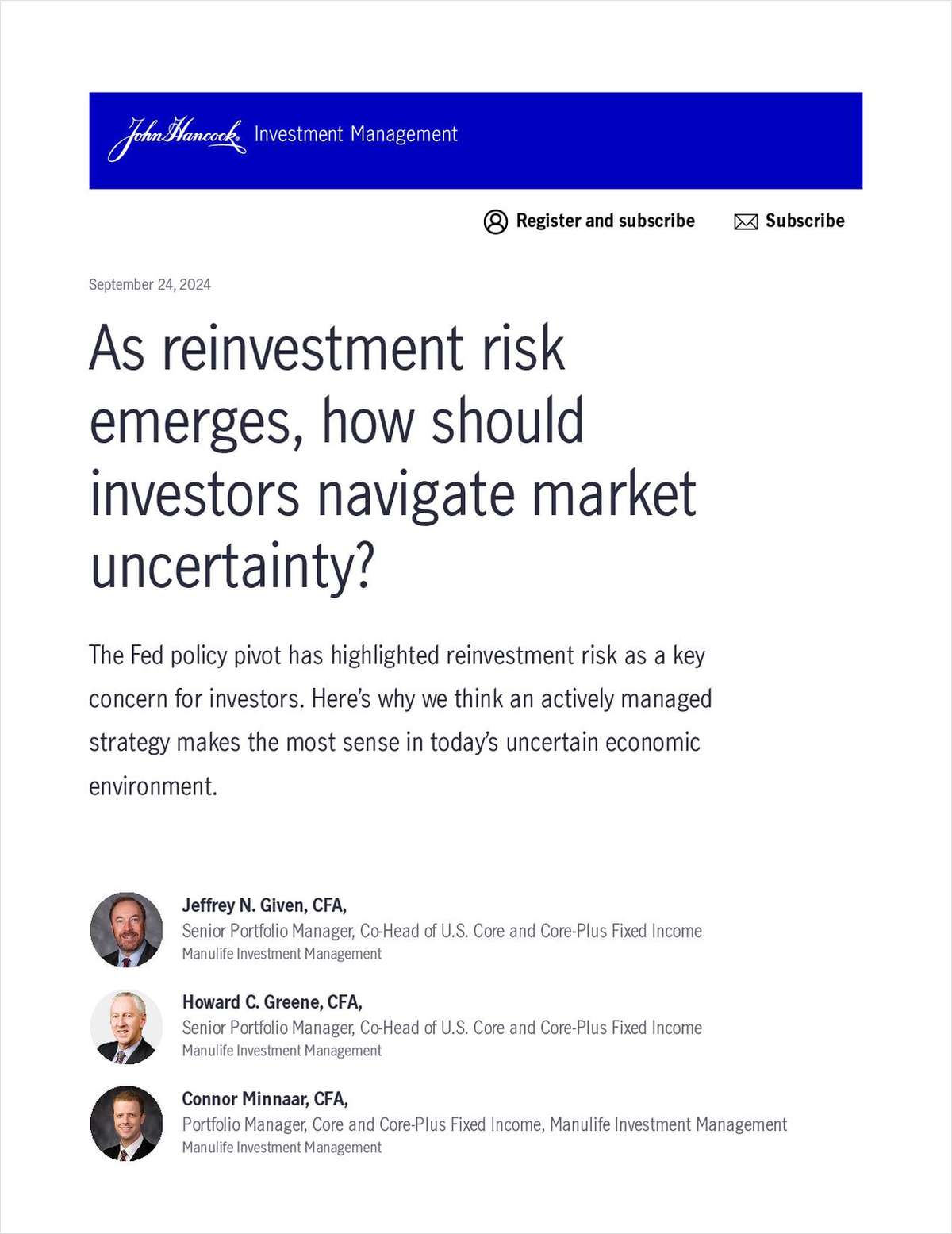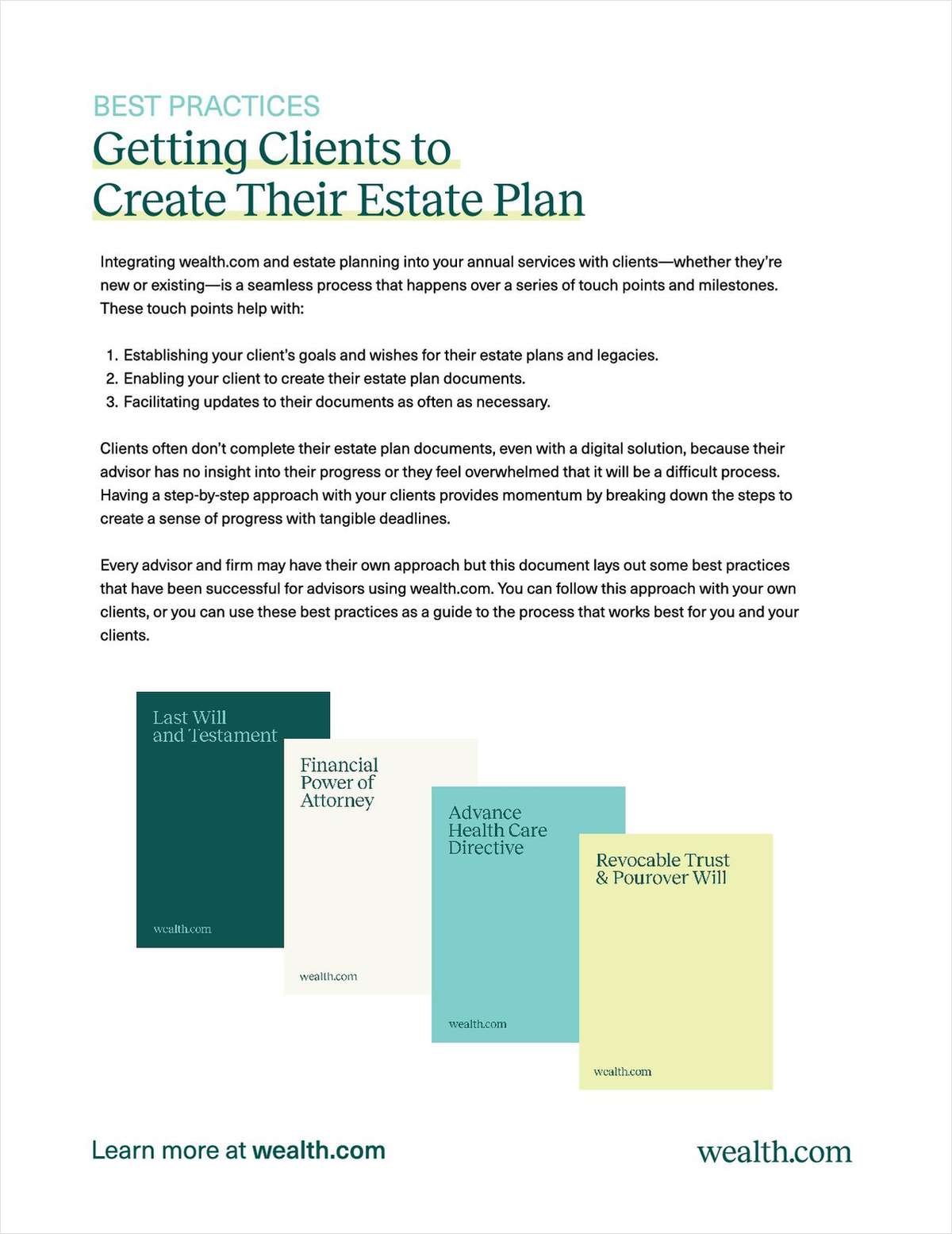An Hour With Sy
New York
Any hour with Sy Sternberg is a crowded one. Mine was–around his world in 60 minutes mining nuggets of insight. A heady one too, interupted perhaps by the phone call from a Congressman who he lobbies intensely. Words, uttered casually, drift across the room, "As I said to the President last week…"
For those who've been out of the galaxy, Sy Sternberg is Mr. Everything (chairman, president and CEO) at New York Life Insurance Company, the nation's fifth largest life insurer. He's also the outgoing chairman of the American Council of Life Insurers. I interviewed him in his office above Madison Square recently. This is some of what he had to say.
On globalization. Little known fact: New York Life was a global business in the early 1900s. Sternberg shows me a framed policy, dated 1910, itself framed by the flags of some 60 countries it did business in then. Came World War I and it withdrew until 1988, though things didn't heat up until 1997 when Sternberg weighed U.S. market penetration and population growth projections and decided that if NYL was to be the company it wanted to be and still generate double-digit, top-line growth, it had to take its skills and competencies aggressively global.
"Rather than compete against people we don't know how to compete against and replicate other businesses," says Sternberg, "I felt a lot more secure to take what we have and leverage it into high-growth, emerging markets." To do that, he says, you have to put capital on the line. "You can't do it on $100 million."
The company parlayed an initial investment of $1 billion into an overseas empire today centered on Asia and Latin America. "The fundamental metric," says Sternberg, is that as of year-end 2000, 32% of new life premiums came from the international side. Of NYL's $1.2 billion in new business, close to $400 million came from the global side.



